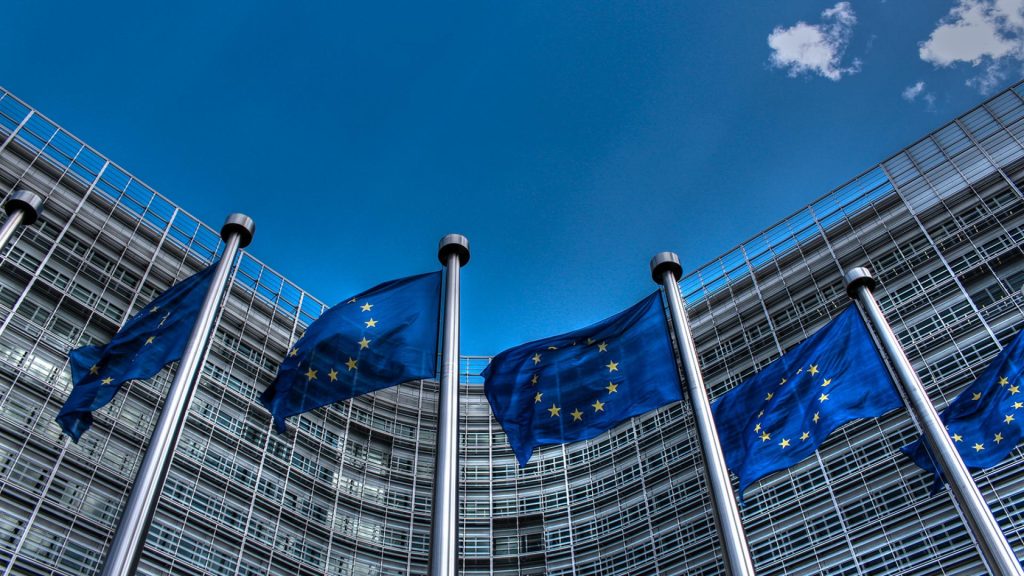The Circular Economy Act aims to double the EU’s circularity rate and establish a single market for secondary raw materials by 2030.
Two main policy pillars: improving e-waste recycling and scaling demand for secondary critical raw materials.
Consultation and Call for Evidence now open, with the Act expected to be adopted in 2026.
The European Commission has launched a public consultation and Call for Evidence to inform the development of its forthcoming Circular Economy Act, aiming to accelerate the EU’s shift away from a linear economic model.
Set for adoption in 2026, the Act is designed to enhance the EU’s economic security, resilience, competitiveness, and decarbonization efforts. It will also support the goals of the Competitiveness Compass and the Clean Industrial Deal to position the EU as a global leader in circular economy practices by 2030.
“The Circular Economy Act will promote sustainable production and circular business models, while helping reduce the EU’s dependence on imported raw materials,” the Commission said.
Despite increasing awareness of circular practices, the EU’s circularity rate has remained largely stagnant—rising marginally from 10.7% in 2010 to 11.8% in 2023. The Commission acknowledged the challenges, noting persistent inefficiencies in resource use and a lack of internalization of environmental costs in the linear economy.
RELATED ARTICLE: EU Commission and EBRD to Unlock €2.1 Billion for Sustainable Infrastructure and Green Economy
To address these issues, the proposed Act will focus on:
Establishing a single market for secondary raw materials
Increasing the supply and quality of recycled materials
Stimulating market demand for recycled inputs across EU industries
Two core pillars have been identified:
Targeting e-waste through improved collection, recycling, and demand generation for secondary critical raw materials.
Enabling a functioning single market for waste and recycled materials through policy tools such as reforming “end of waste” criteria, digitalising extended producer responsibility schemes, and setting mandatory procurement criteria for circular goods and services.
This initiative will also be aligned with key EU strategies and regulations, including the Single Market Strategy, the Steel and Metals Action Plan, the Ecodesign for Sustainable Products Regulation, the Packaging and Packaging Waste Regulation, and the Critical Raw Materials Act.
The consultation is open to stakeholders and the public until November 6, 2025.
Follow ESG News on LinkedIn

